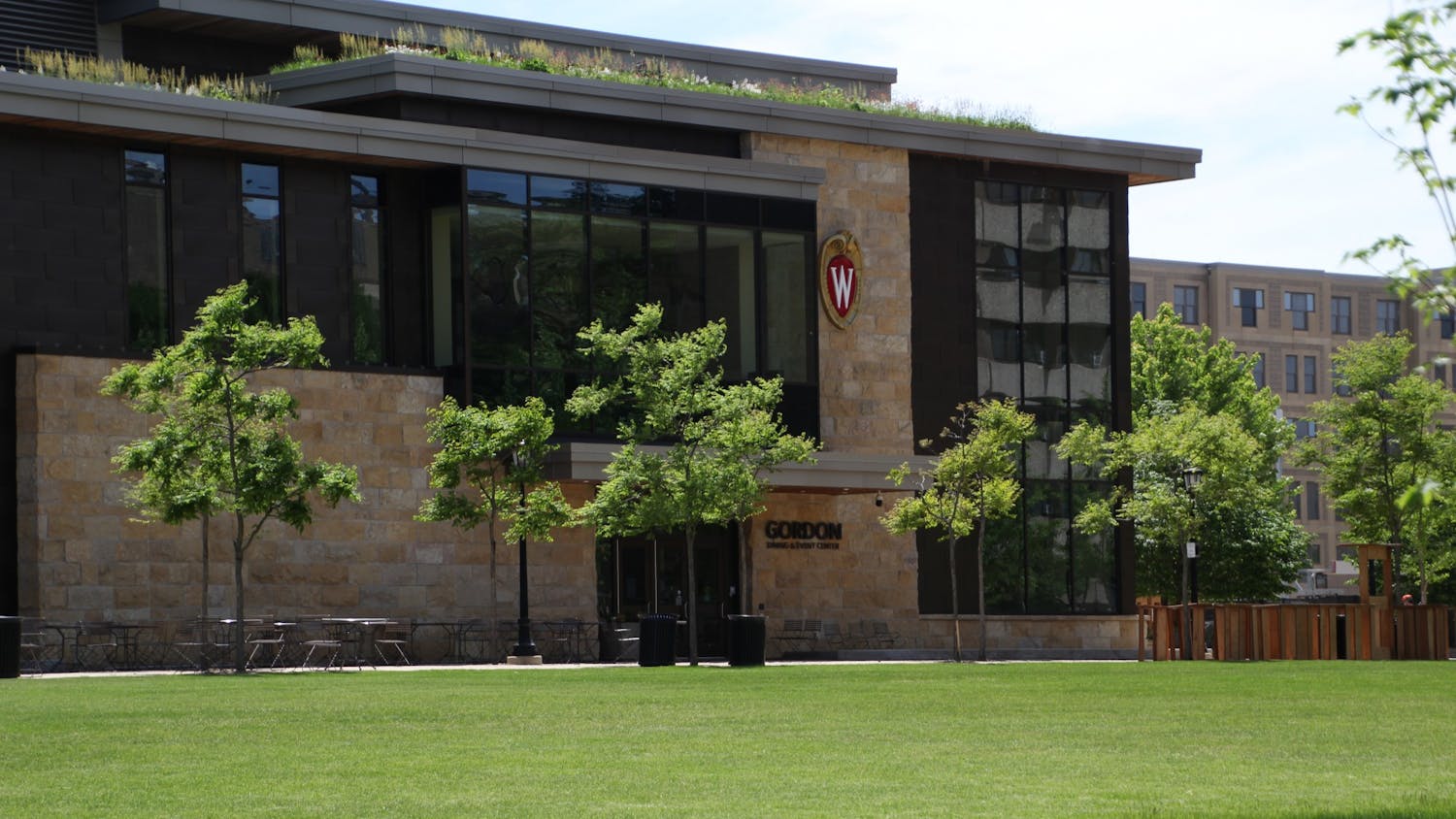Summer isn’t the only thing heating up in Wisconsin — it’s election season.
On Aug. 9, Wisconsin will hold primaries for an array of statewide offices to determine candidates for the general election in November. The State Assembly and State Senate are both on the ballot.
This November, the entire lower house of the state legislature is up for election. The 99-seat Assembly is currently dominated by Republicans, holding 57 seats to the Democrats’ 38 seats. There are four vacancies.
District 76, which comprises the entire Madison isthmus and parts of the University of Wisconsin-Madison campus, is represented in the assembly by Francesca Hong. A first-term Democrat, Hong has served since January 2021. She made progressive policies a cornerstone of her time in office, signing on to efforts to achieve environmental, racial and economic justice.
“We’ve pushed for an LGBTQIA+ task force, [and] introduced over 22 climate justice bills,” Hong said in a campaign video. “We fought for eviction prevention [and] livable wages.”
Hong, a longtime advocate for reproductive health and access to abortion, has also signed onto the Economic Justice Bill of Rights, which would ensure every Wisconsinite has the right to a union, collective bargaining, affordable childcare and safe housing, among other policies. Acting as a framework for future legislation, the joint resolution remains unadopted in the face of Republican opposition in the Assembly.
“While my Democratic colleagues and I have been working hard for Wisconsinites, our Republican opponents continue to obstruct. They continue to refuse to govern,” Hong said, adding that she and fellow Democrats will continue to fight.
Hong is running unopposed.
District 77 — covering Madison’s West Side and the main body of the UW flagship campus — is represented by Sheila Stubbs, a Democrat who assumed office in 2019. Stubbs’ main priorities are increasing funding for K-12 education as well as the UW system, reforming Wisconsin’s criminal justice system and advocating for reproductive justice. Other priorities include increasing access to healthcare for all, reducing gun violence, strengthening the social safety net for disabled, senior and adolescent constituents and protecting Wisconsin's clean air and water.
Stubbs is also running uncontested.
Lisa Subeck, who represents District 78, which spans Madison’s southwest side, is running for re-election as well. Having served in the assembly since 2015, Subeck currently sits on multiple Assembly committees, including the Committee on Health and the Committee on Campaigns and Elections.
Subeck has been outspoken in her support of a woman’s right to choose and introduced a bill to repeal Wisconsin's 1849 criminal abortion statute. She also introduced legislation that would prohibit gun ownership for those convicted of misdemeanor domestic violence, which would be enforceable at the state level.
Subeck is running unopposed in the Democratic primary but will face Matt Neuhaus, a Republican, in the general election.
Dianne Hesselbein, the District 79 representative since 2013, has chosen to run for State Senate, leaving her seat in the State Assembly open. Those vying for the seat are Democrats Alex Joers and Brad Votava, as well as a Republican, Victoria Fueger. District 79 covers Middleton and Lake Mendota’s surrounding areas.
Alex Joers, a member of the Dane County Board of Supervisors, has made economic security, environmental sustainability and health equity central points of his campaign. During his time on the Board of Supervisors, Joers served on the Public Protection and Judiciary Committee, UW Extension Committee and Youth Commission.
According to Joers’ campaign, he elevated issues of land conservation, flood mitigation, small business recovery, public health and affordable housing — proposals he wants to advance at the state level if elected.
Brad Votava is a former entrepreneur who founded Archer Geographic, a mapping service that collaborates with public and private partners to solve complex land and water issues. Votava pledged to expand voting rights and access to voting for all, calling for a nonpartisan redistricting process that would address Wisconsin's extreme gerrymandering, among the worst in the country.
“I believe this moment calls for new voices, new leadership and a diverse group of citizens committed to public service to center on the voices of the people of our state over special interests and work towards shared solutions to our common problems,” Votava said. “As our representative to the State Assembly, I aim to listen intently to the people of our district.”
Aug. 9 will be the first statewide election with Wisconsin’s new legislative maps in place. The maps, created by Senate Majority Leader Devin LeMahieu (R) and Assembly Speaker Robin Vos (R), were adopted on April 15 after a fierce partisan struggle that saw Gov. Tony Evers (D) veto the maps and propose his own, which would have reduced state Republicans’ entrenched advantages. This map was approved in early March.
However, that map was rejected by the U.S. Supreme Court a few weeks later, which ruled that Evers’ map failed to follow established precedent for whether the Voting Rights Act should apply. Due to “time and institutional limitations” which made constructing a new map “unrealistic,” swing Justice Brian Hagedorn, who previously sided with the court’s liberals in selecting Evers’ map, instead sided with his conservative colleagues in choosing the earlier proposals from Lemahieu and Vos. These maps bolster Republicans' advantages and solidify already Republican-favored districts.
Wisconsin has an open primary system, which means registered voters do not have to be members of a party to vote in that party’s primary.
Gavin Escott is the campus news editor for the Daily Cardinal. He has covered protests, breaking news and written in-depth on Wisconsin politics and higher education. He is the former producer of the Cardinal Call podcast. Follow him on X at @gav_escott.






